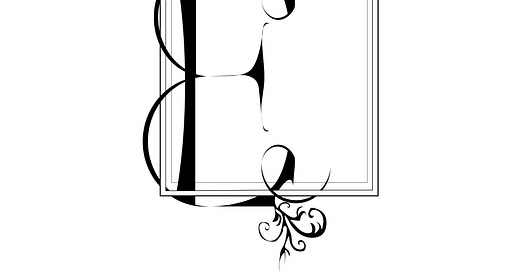The first two questions that came to mind when I decided to write this book were: “who am I?” and “why am I doing this?” When they first showed up, I was thinking about the book in complete isolation, without any thought of audience whatsoever. But that’s no way to think about a book, especially if you want other people to read it.
As it turns out, these questions are just as important to the potential reader as they are to the potential author. Their answers will determine to some degree if the reader chooses to buy the book and even if the manuscript makes it out of the editor’s or agent’s inbox. Both Laura Portwood-Stacer and Jane Friedman have made clear that the author’s bio is an important piece to the book proposal for academic manuscripts and nonfiction in general.
(I will be testing out the advice of both of these stellar editors and commenting on what works for me and where I’ve made modifications to their suggestions).
The Who and the Why
These two questions hit me right in the nose when I started to get serious about writing this book because they pointed matter-of-factly to the fact that I am no longer in academia and therefore did not have to write a book for tenure. Writing is something I want to do not to advance a career per se but because I want to share my thoughts on this topic with others and a book is the best way to do that (in my opinion). So the idea of a book project already put the who and the why in question.
And that’s a really good thing. While these questions made me confront the reality that I don’t belong to the academic world in the same way as I used to—just as the semester season was starting, no less!— they also forced me to conceptualize a justification for this book for myself and for my future audience.
That thought process looked like this, another series of questions that I have to answer.
First, the need to justify it for myself: if this book is not meant to bring in money or advance my career, how can I justify spending time on it?
Then, the need to justify it for my audience: what am I bringing to the table of this topic as an author that a reader can’t get from someone else? And why does this book have to be written now?
In another reality, I would be able to rely solely on my doctoral research and experience to justify my authoring a book, mostly because that book would be submitted to an academic press. But since I don’t technically have experience working in the subject matter of this book—current events, comedians, and communication—I have to question how much my academic experience will matter to potential publishers and readers. (My research is on modernist Italian authors and their misogynist tendencies, if you’re into that sort of thing).
In this universe, I think that my scholarly background will still be an asset, especially in the research/writing phases. The challenge will be to “sell” this background as a positive when I go to write a book proposal and query letters to editors. More on that in future posts!



